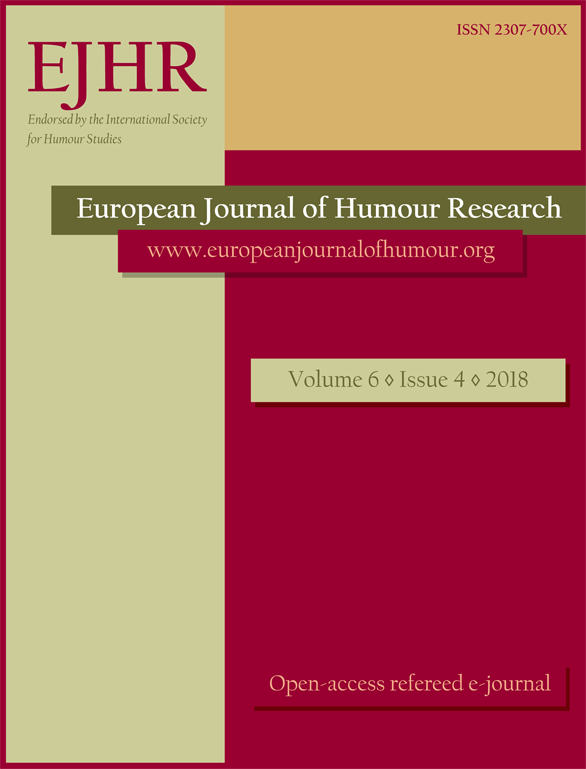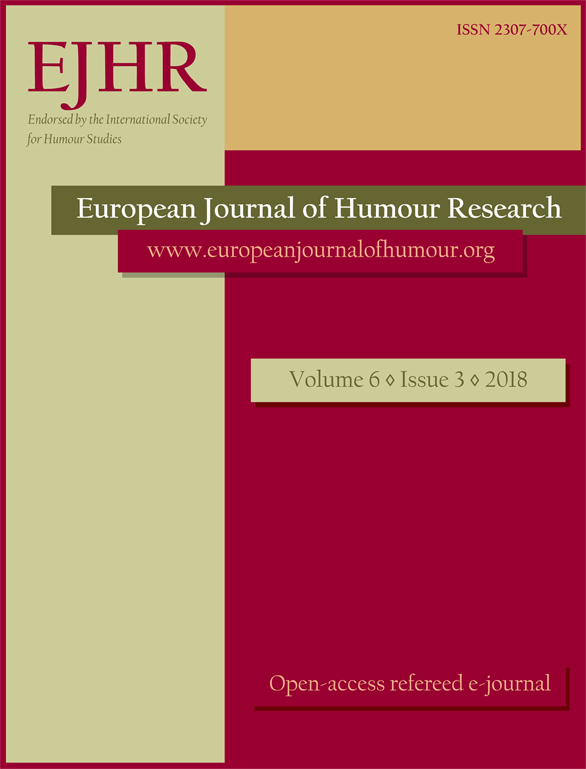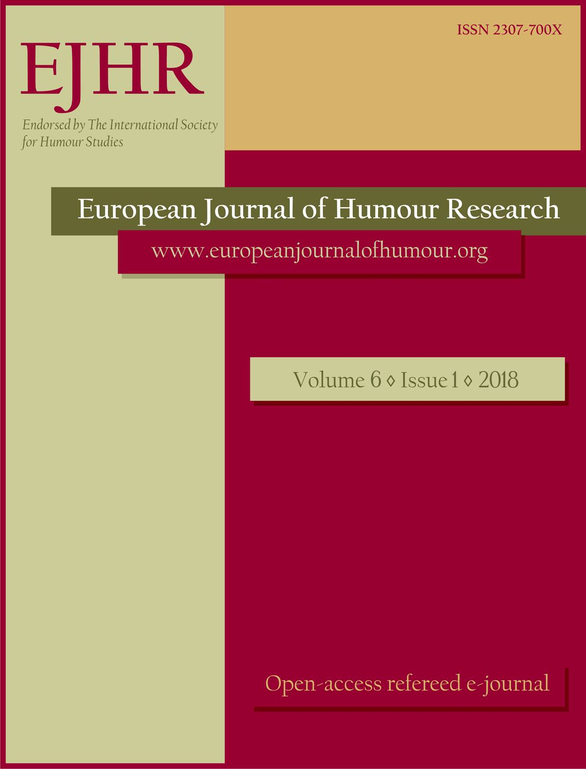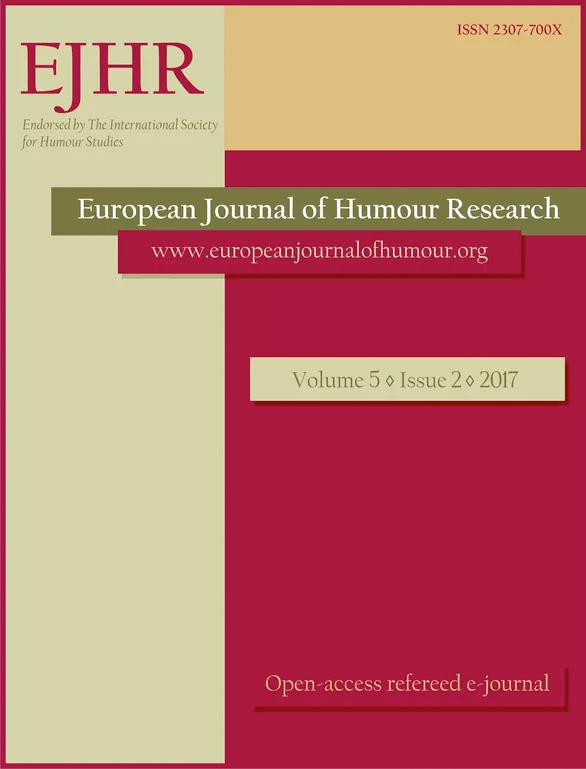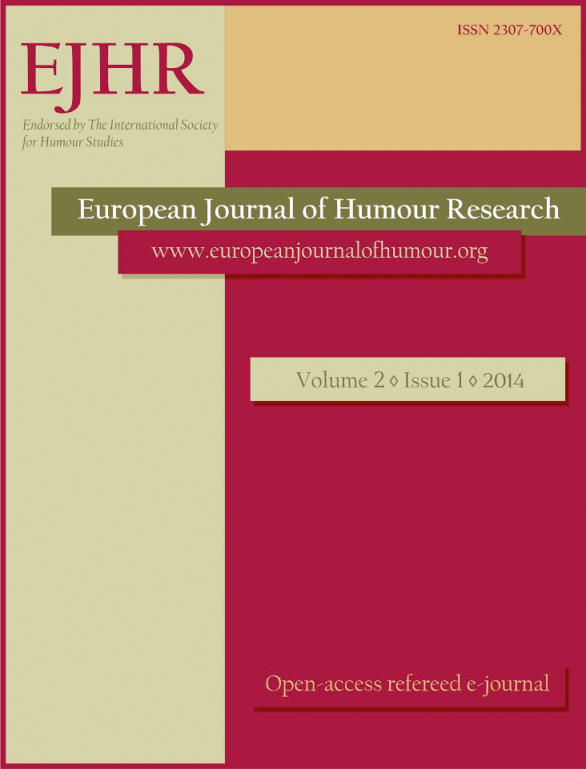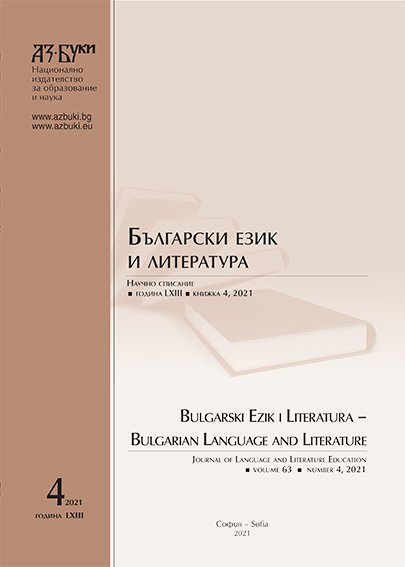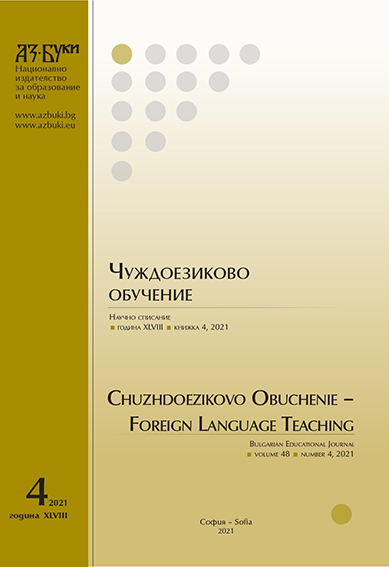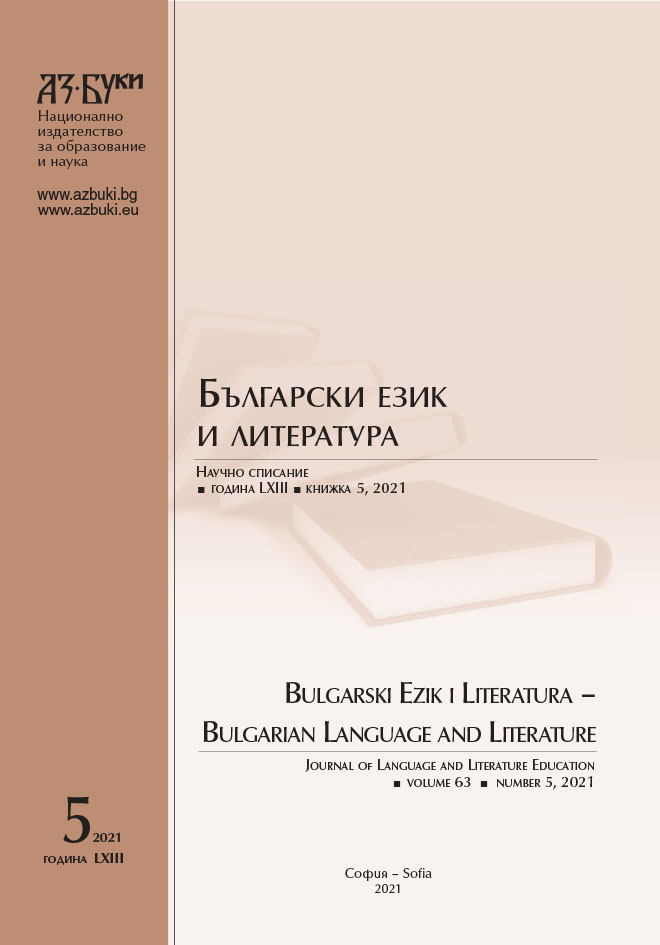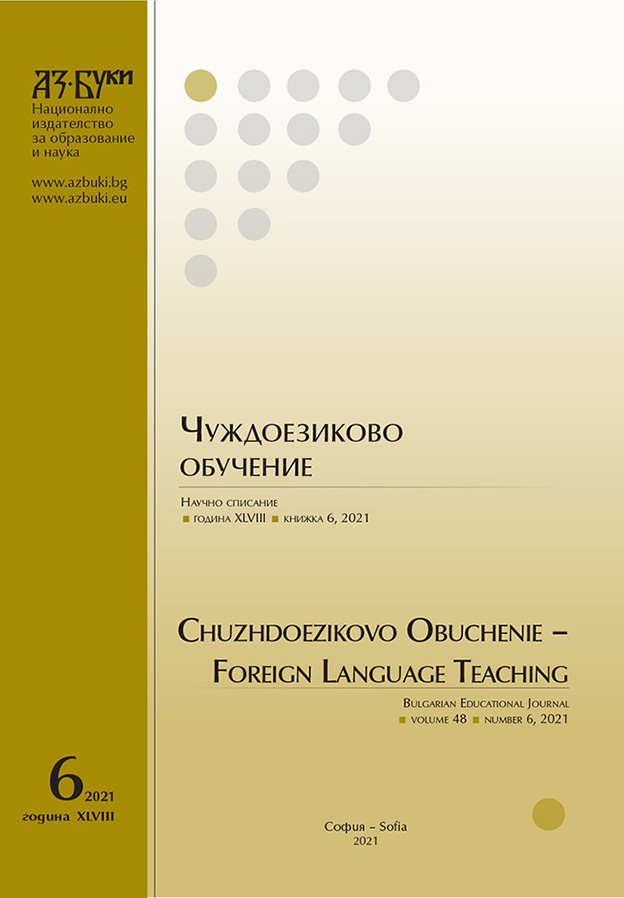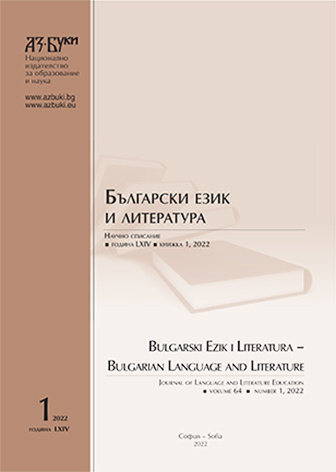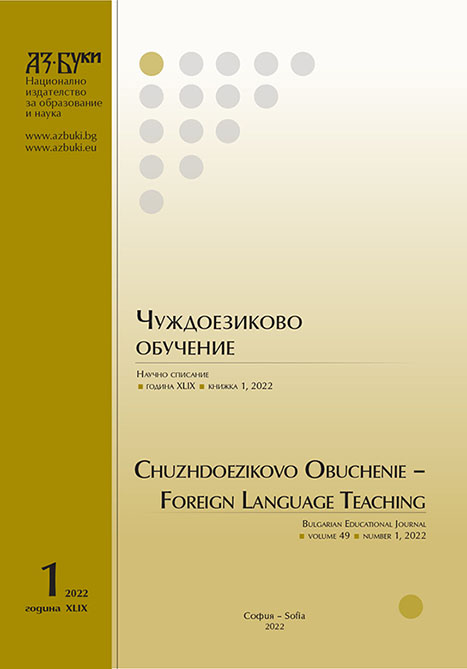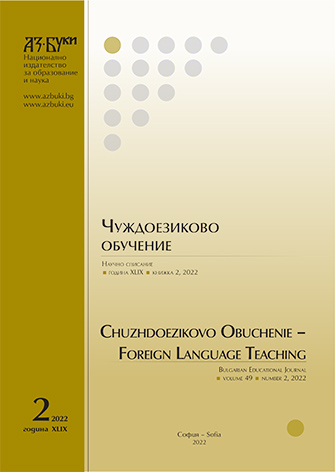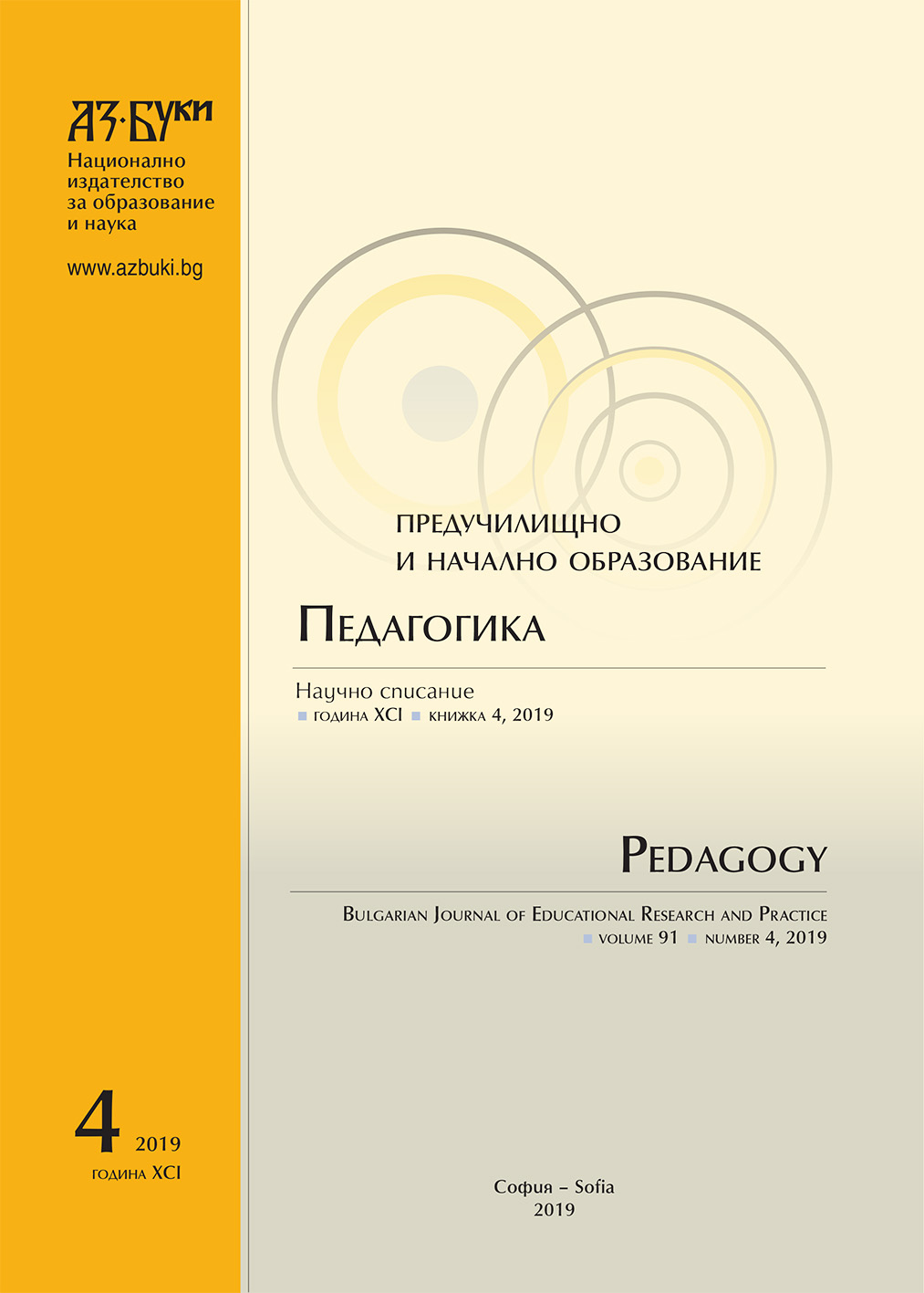
Възможности за развитие на уменията за самооценка в обучението по английски език като чужд
The paper reviews the importance of self-esteem in shaping the identity of a person, as well as the role of self – assessment in students’ learning. The paper also presents some options for developing students’ self-assessment skills in the coursebook “Blue skies for Bulgaria for the 4th grade”, based on an analysis of the structure of the coursebook and through concrete examples of its content. The proposed techniques are part of an experimental model whose effectiveness will be tested during the school year 2018/2019 with students studying English as a foreigner in the fourth grade.
More...
